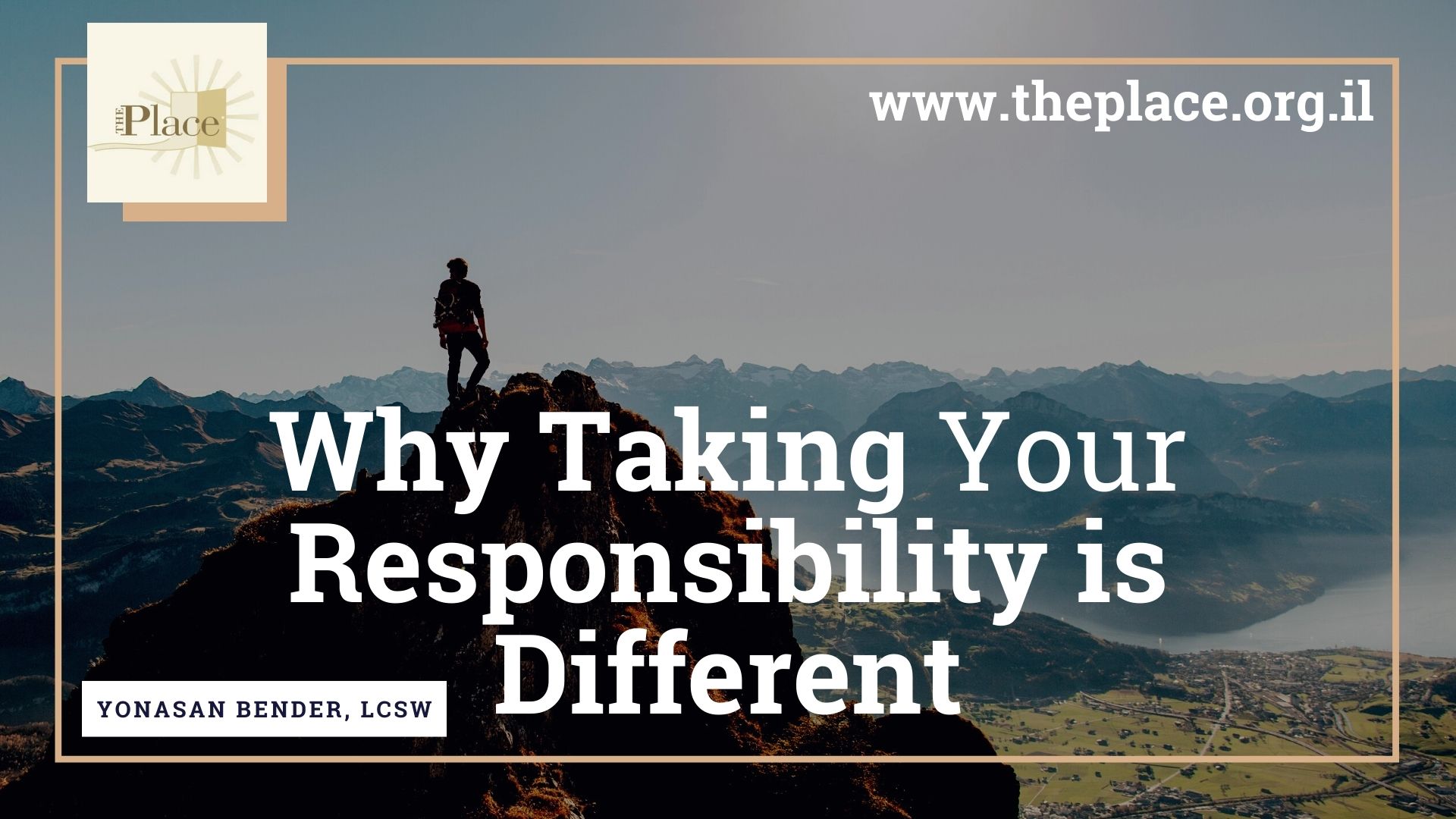What establishes trust, loyalty, commitment, and love in a relationship?
First, we need to understand that relationships take on various twists and turns beginning with dating and continuing throughout marriage. After the so called “Honey Moon” phase disappears which was euphoric for the most part, and couples were in their own bubble of glee, couple’s relationships change dramatically with the onset of financial difficulties, children, illnesses, major life changes and stressors. Couples tend to become entrenched in their own counterproductive patterns of who’s right and who’s wrong and which partner will win the argument without realizing that each partner comes out a loser in their destructive interchanges. Without any repair to this harmful pattern, it will leave many partners isolated, angry, frustrated, and vengeful with a repeat performance to follow soon afterwards. When a reporter asked the famed couples researcher, Dr. John Gottman, “What do couples fight about?”. His answer was, “absolutely nothing”. Because couples spiral into such a negative state, they automatically respond to any disagreement with hostility and bitterness hardly conducive to forming a loving relationship. It’s easy for partners to attribute their difficulties to character defects and not to their deep inner struggles or inner pain. Problems occur when partners are unable to express what their true needs are, causing them to lash out in all kinds of hurtful and irrational ways. This is referred to as emotional disengagement. Spouses will either release their anger with continuous disagreements and nasty spats or suppress anger by withdrawing and eventually exploding.
When partners actually listen attentively, admit any wrong doings, which is not an easy task, sincerely apologize, and appreciate how the other is feeling, the couple becomes emotionally engaged or attuned to each other. In other words, they are in sync with each other and are able to read each other’s cues, body language and innuendos. Stating “I’m angry” would provide at least the possibility of having a conversation. Saying angry things, such as “you’re such a nag” and “all you care about is yourself. You’re just selfish”, is inflammatory and ends all possible discussions. Fighting is what people do when they lose track of their ability to express their inner-feelings. Accusing turns the other person into someone who can’t and won’t listen. However, in the heat of the moment, it is easy to lose awareness of this fact and to feel that we can force our partners to listen if we have a strong argument.
Attuning and emotionally engaging can be achieved when a spouse acknowledges that his partner’s perspective is also valid. One doesn’t have to agree, but he does need to accept that there can be two different valid perspectives. There is something worth learning from your partner’s viewpoint. Tolerance will keep you respectful of your partner’s position and attuned to his feelings. All emotions and wishes are acceptable. Not all behavior is. A spouse cannot control what the other spouse feels. When a spouse makes a bid for an emotional connection through listening and showing genuine concern for the other spouse he feels validated and heard enabling both spouses to let their guard down and reconnect. Partners automatically want to problem solve to terminate their tense interaction however, problem solving is not what is needed to repair a volatile interchange. The desire to attune requires a mind and body melding that one almost becomes his partner, experiencing his or her feelings. It is crucial to understand that making a relationship a priority for both partners is mandatory for any intervention to succeed.
So how does one establish the ability to trust, love and commit in a relationship?
Being in love isn’t static. It deepens over time in the right atmosphere, environment, attitude and with personal desire. Enduring love which is the goal to be achieved, comes when spouses love most of what they learn about the other person and tolerate the faults they cannot change.
Learning to cherish another person and allowing that person to cherish the other is a blessing. Trust is built by being there for each other at any given time. Loyalty is founded upon gratitude that one expresses throughout the day for even the smallest thing. Commitment occurs when couples protect and support each other.
About The Place
The Place is where therapists, individuals and the community connect to create safety, strength and success. At The Place, men and women discover the freedom and safety to move past those issues which are preventing them from living life to its fullest. Our goal is to help each of our clients discover his or her own strengths as powerful tools in the healing process.
The Place is a multi-faceted clinic offering both individual and group therapy, support groups, interactive evenings and lectures, educational classes, and drop-in hours. Our comfortable, confidential, relaxed environment allows clients and their families to explore sensitive issues and create positive change. We believe that the key to mental health and emotional well-being is inside you.
At The Place, male and female therapists work independently or as a team to explore sensitive issues and facilitate positive change for individuals, couples and families from all sectors of the community. Some of our specialties include emotional eating, grief counseling, internet addiction, phobias, anxiety & OCD, childhood challenges, premarital counseling, couples therapy and intimacy issues, postpartum support, personality disorders, psychiatric care, and more. Connect with a caring professional in person at our comfortable Jerusalem offices, or by video, phone, and text. We’re here for you.
Contact Us
Email info@theplace.org.il
Phone (02) 581 8299
Whatsapp 054 260 1468
Social Media
Website:
https://theplace.org.il/
Facebook:
www.facebook.com/theplacejerusalem/
Instagram:
www.instagram.com/theplacejerusalem/






